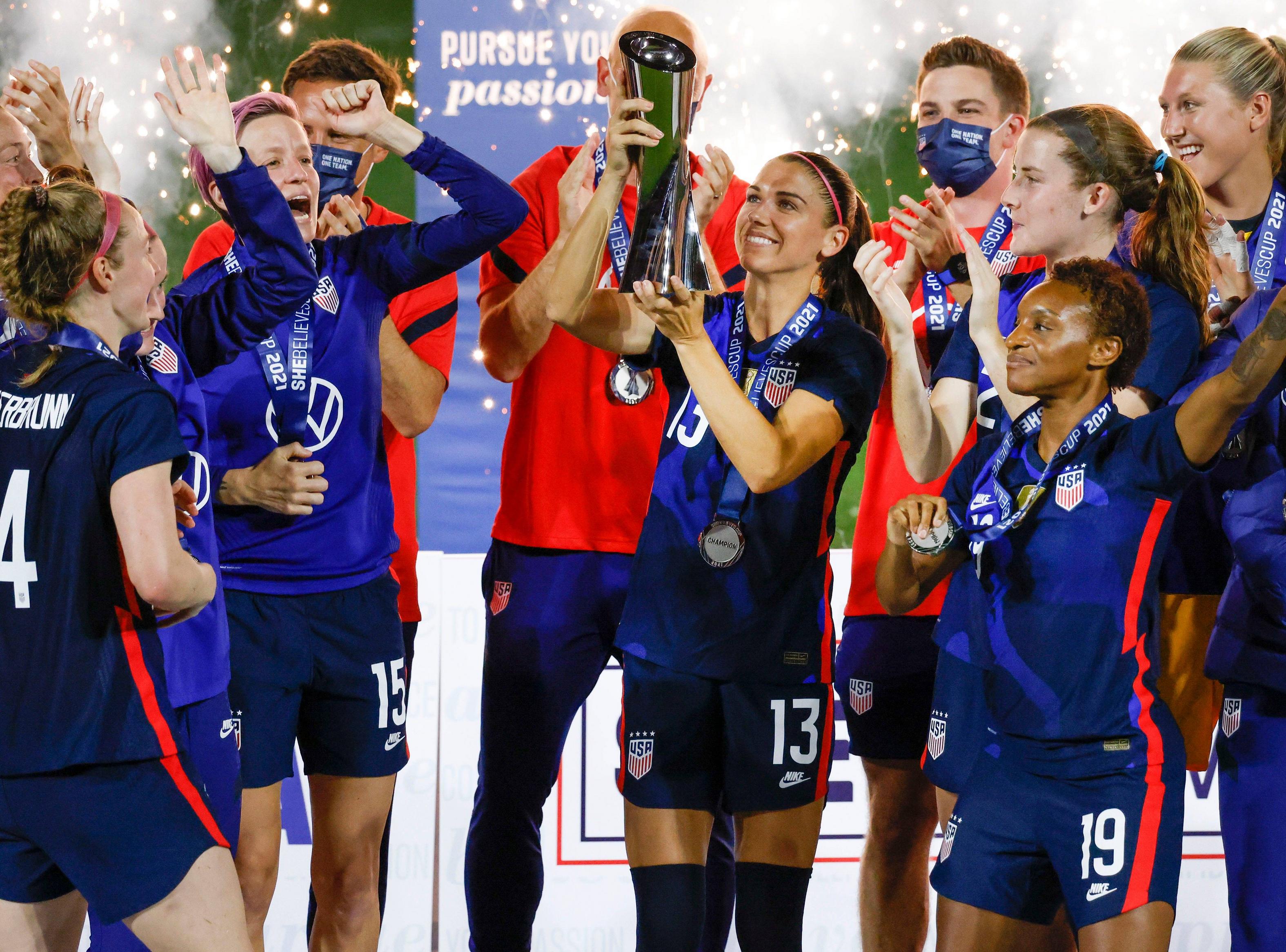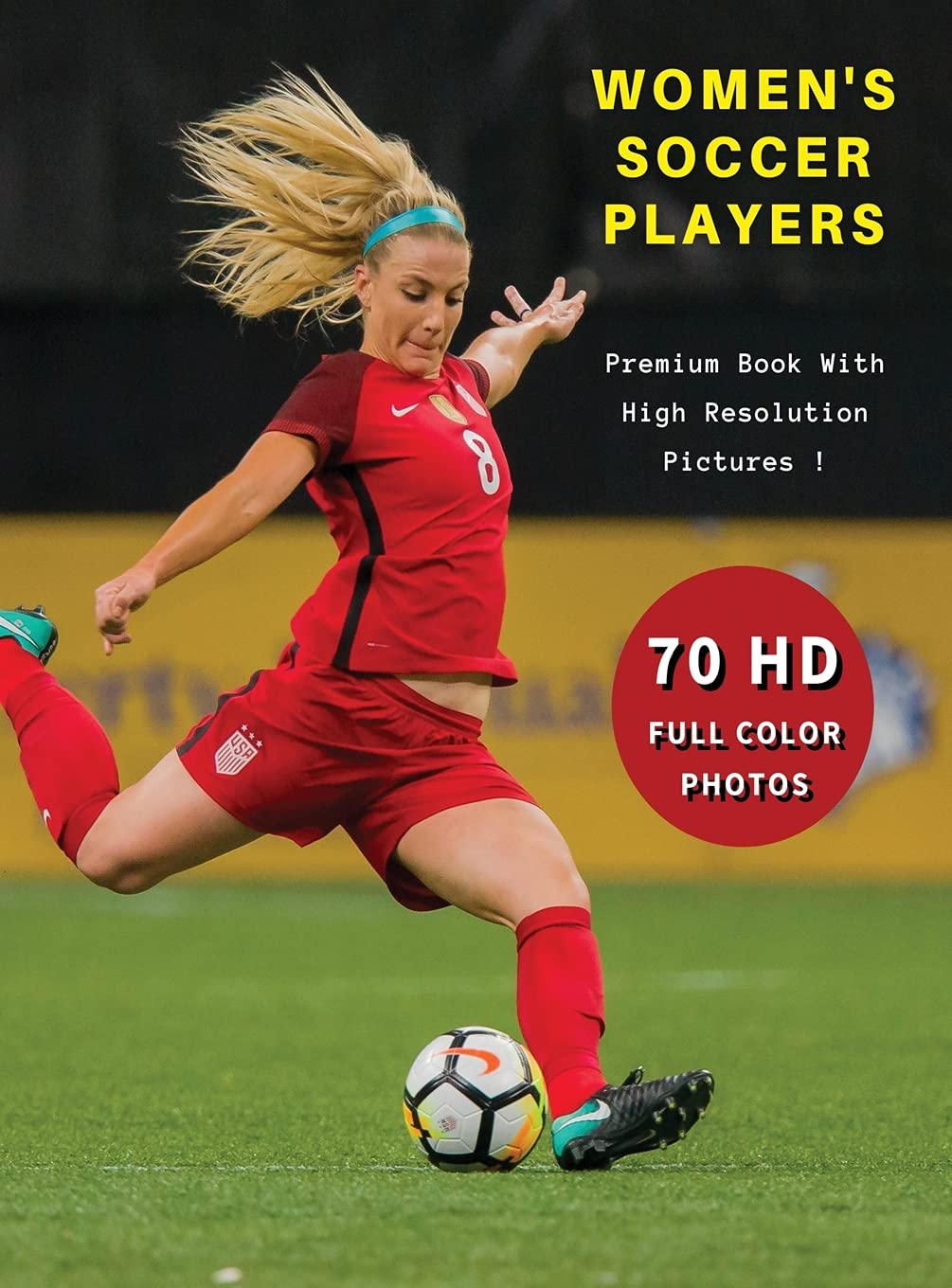
Equal pay for equal sports is a good idea. However it does not work if both genders have equal chances in the sport. For centuries, men have dominated tennis. Historically, the women have not had the same opportunities in basketball or tennis. Women have not had the same opportunities in a 60-metre race, either. Two reasons are responsible: scheduling and biology.
Women's national soccer team fights to equal pay
The USSF's claim that it didn't discriminate against women has led to the dismissal of a lawsuit filed by the US women's national soccer team. The USSF had argued that women were more likely to play than men, and therefore, were entitled to the same pay structure. However, the women's national team rejected this argument, arguing that the CBA they were offered didn't provide for the same compensation as the men's team.
The women's national soccer team responded by speaking out in support of equal pay and equal play. Fans of the team sing "equal play" at every professional match. In addition, the team has testified before House Oversight Committee, emphasizing how long women must work in order to earn equal pay.

Case study analysis of the USWNT fight for equality
A case study analysis of USWNT's fight for equal pay examines the experiences of players. The USWNT has a long history of being undervalued and underpaid in sport. This inequality is addressed by the USWNT lawsuit. Players' stories also show the need to increase legislation to close the gender pay gap.
The USWNT began its fight for equal pay with a lawsuit against the United States Soccer Federation. The players wanted equal pay for the same play. This campaign has been ongoing ever since 2015. The players also sought corporate sponsorships and social media posts to further their campaign. This has allowed the USWNT to attract international attention and gained public support both before and during the World Cup.
The USWNT has made great strides to fight for equality in the sport as a result of this lawsuit. Megan Rapinoe, Carli and Alex Lloyd, their strong captains have voiced concern about this issue. They have also spoken out publicly about equal pay in sports.
California bill will require equal prize pools when sports competitions are held on public lands.
California's legislature passed a bill to require equal prize pools in sports competition on both state and local lands. Assemblymember Tasha B. Horvath drafted this new law. She recognized the need to close the gender pay gap in sport. She said that competition arenas are athletes’ workplaces and that women and men should share the same prize money.

The bill passed unanimously. It was signed into law September by Governor Gavin Newsom. It only applies to state-owned sports events and does not affect private events. Examples of such events include professional surfing competitions that take place on state beaches and bicycle races that take place on state roads. However, such events will still require a permit.
Additionally, the bill includes provisions that allow for expanded gambling on tribal lands. If passed, the bill would allow casinos and horse racing tracks in California to accept legal bets on sports. This would allow Californians more opportunities to place bets on these events and keep the state's gambling laws in line.